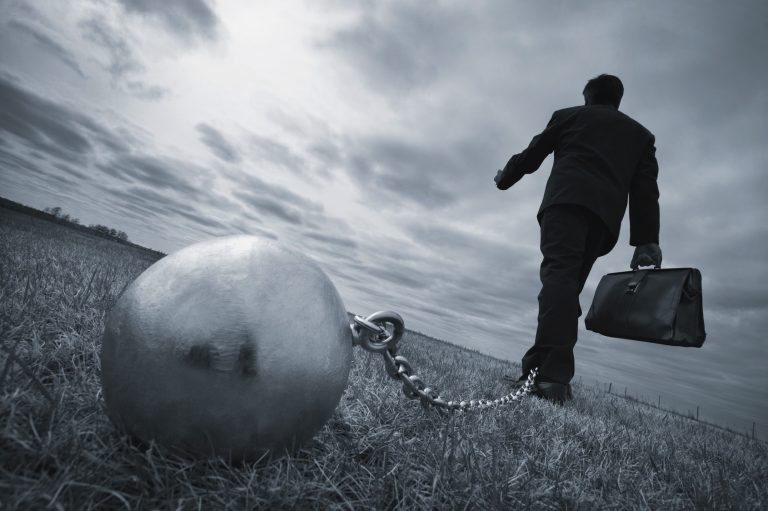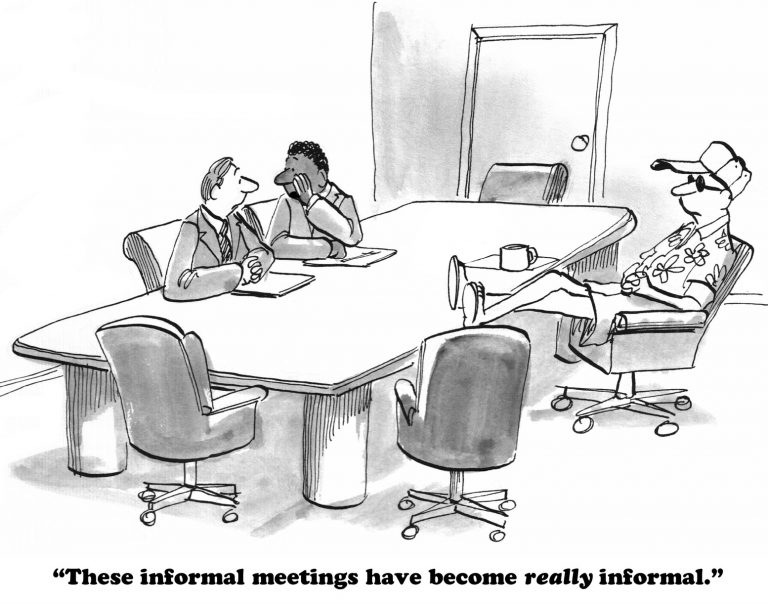If only broken promises were as easily mended
What it the importance of building and maintaining trust? Ignore anyone who tells you there are a certain number of golden rules about some aspect of your working life. These convenient ‘listicles’ float around on the internet in ever increasing numbers. There’s just one problem.
Things change so rapidly in the digital world that yesterday’s Six Secrets of E-mail Marketing or Five Ways to Improve Customer Retention might be no more than historical curiosities by the end of the week.
Can you be trusted? Building and maintaining trust.
Some things, however, never change. The phrase “My word is my bond” has been around in print since at least 1748. Even today, million dollar deals are often agreed on a handshake.
Marcus Lemonis, CEO of Camping World, has built a $3 billion business through making more than a hundred deals this way. (Of course, contracts and agreements are drawn up later, but as Lemonis says, “If somebody wants to screw you, they’ll do it whether you have their signature or not.”)
There’s no going back. When the deal is done, it’s done.
Diamond traders all over the world, doing thousands of deals every day, will argue heatedly about the price of a parcel of stones but, when they agree, they simply shake hands and say “Mazl un brokhe,” a Hebrew expression meaning good luck and blessings. They’ve been trading this way for centuries, only because trust is assumed and almost never broken.
Everyone you deal with in business – staff, suppliers, customers – has to know they can trust your word. Trust is what people display when they buy your goods or services, come to you for a job or share their closest secrets with you. There is no aspect of life that can function properly without it.
Trustworthiness is a feel good factor but is it profitable?
In his book Barking up the Wrong Tree, Eric Barker describes a research project based on an old game called Prisoner’s Dilemma. Briefly, it works like this: you and a friend have committed a crime and are under arrest. The police are holding you in separate cells and you have no means to communicate with each other.
The cops have an offer. If you testify your friend was the mastermind and he doesn’t testify against you, he gets five years inside and you walk out the door. If you don’t testify against your friend but he testifies against you, he walks and you do the five years. If you testify against each other, you’ll both get three years. If you both refuse to testify, you each get a twelve month sentence. How much is trustworthiness worth now?
The researchers introduced new algorithms to increase the complexity of the risks and rewards and, in every case, betrayal gained short term advantages that were soon obliterated by staying truthful, cooperative and worthy of trust.
Your word is bound up tightly in your reputation. Break it and everyone will remember the deed long after they’ve forgotten the circumstances.
If you liked, then please subscribe to our YouTube Channel for video content. You can also find us on Twitter, Facebook, Instagram and Linkedin.
You will also like
Read more articles from our weekly series
The Business Mentor





